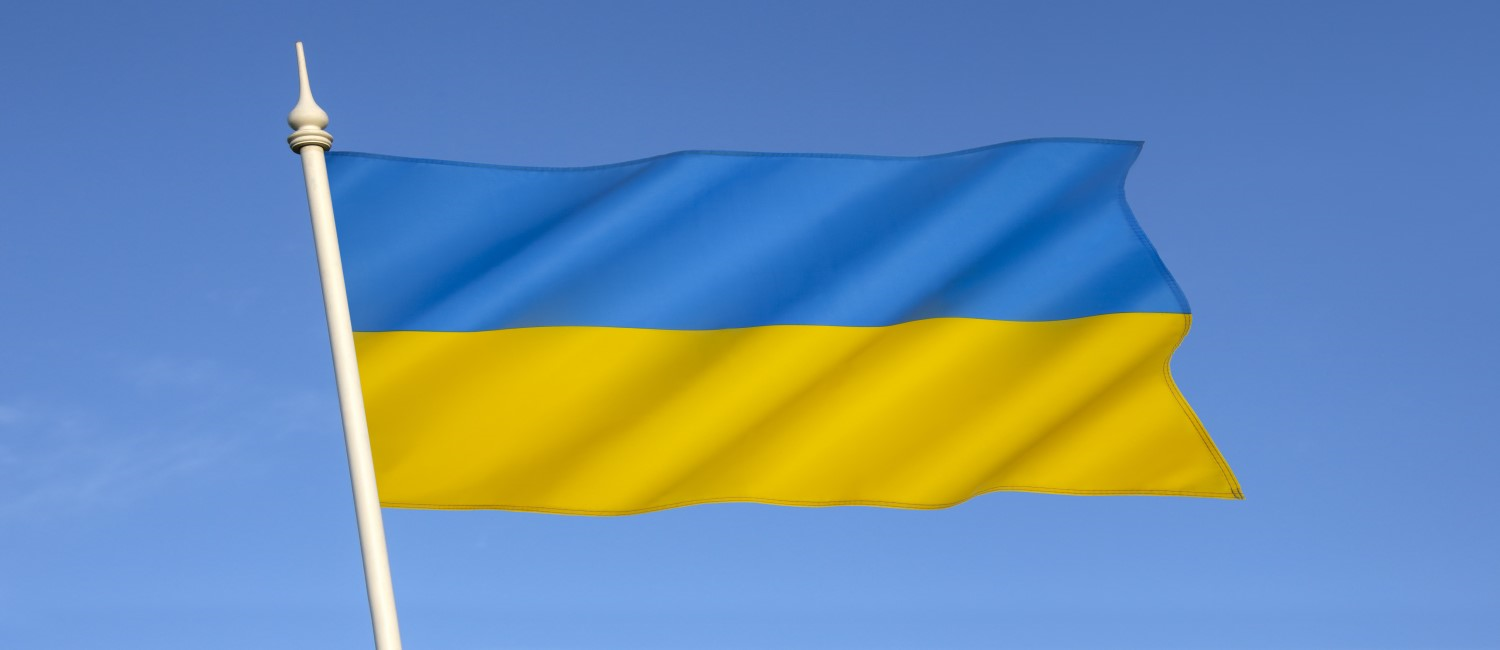Money laundering is a global concern that poses a significant threat to the financial integrity and stability of economies worldwide. In Hong Kong, a major international financial hub, the authorities are deeply committed to combating money laundering and terrorist financing. This comprehensive guide provides detailed information about Anti-Money Laundering (AML) regulations and practices in Hong Kong.
AML Regulations in Hong Kong
Hong Kong, as a global financial center, places great importance on maintaining the integrity of its financial system and combating financial crime, including money laundering and terrorist financing. To achieve this, the city has put in place a comprehensive regulatory framework comprising various laws and regulations. Here, we delve into some of the key legislation and regulations that form the backbone of AML efforts in Hong Kong:
Anti-Money Laundering and Counter-Terrorist Financing Ordinance (AMLO)
The AMLO is the cornerstone of AML and counter-terrorist financing regulations in Hong Kong. Enacted in 2012, it criminalizes money laundering activities and establishes stringent reporting obligations for financial institutions and designated non-financial businesses and professions. The AMLO mandates the establishment of AML programs, customer due diligence (CDD) procedures, and the reporting of suspicious transactions.
Drug Trafficking (Recovery of Proceeds) Ordinance (DTROP)
The DTROP is another crucial piece of legislation aimed at combating money laundering. It specifically targets the proceeds derived from drug trafficking activities. This ordinance empowers law enforcement agencies to seize and confiscate assets that are believed to be the proceeds of drug-related offenses.
Organized and Serious Crimes Ordinance (OSCO)
The OSCO broadens the scope of AML regulations by addressing money laundering linked to organized and serious crimes beyond drug trafficking. It provides law enforcement agencies with the authority to investigate and seize assets connected to a wide range of criminal activities, ensuring that criminals cannot benefit from their ill-gotten gains.
United Nations (Anti-Terrorism Measures) Ordinance (UNATMO)
UNATMO implements United Nations Security Council sanctions in Hong Kong, primarily focusing on counter-terrorism measures. This ordinance empowers the government to freeze assets, impose financial sanctions, and take other actions to comply with UN sanctions relating to terrorist individuals and entities.
United Nations Sanctions Ordinance (UNSO)
The UNSO complements UNATMO by addressing sanctions imposed by the United Nations. It covers a wide range of sanctions, including those related to non-proliferation, arms embargoes, and sanctions against specific countries. Financial institutions and businesses operating in Hong Kong must be diligent in complying with these sanctions to prevent illicit financial flows.
Regulatory Oversight
The regulatory oversight of AML efforts in Hong Kong is shared by several key authorities:
- Hong Kong Monetary Authority (HKMA): As the central banking authority, the HKMA regulates banks and other authorized financial institutions, setting standards and guidelines for AML compliance. It also conducts regular inspections to ensure institutions' adherence to these standards.
- Securities and Futures Commission (SFC): The SFC oversees the securities and futures markets in Hong Kong, including the implementation of AML regulations within the securities industry. It monitors and enforces AML compliance among licensed corporations.
- Customs and Excise Department: Responsible for enforcing AML regulations in the non-financial sector, including precious metals and stones dealers, casinos, and money service operators.
Reporting and Penalties
Under these regulations, financial institutions and designated non-financial businesses and professions are required to report suspicious transactions to the Joint Financial Intelligence Unit (JFIU). Failure to comply with AML regulations can lead to severe penalties, including fines and imprisonment for individuals and entities.
International Cooperation
Hong Kong actively cooperates with international organizations and foreign jurisdictions to combat money laundering and terrorist financing. It shares financial intelligence and collaborates on investigations, reflecting its commitment to global AML efforts.
Conclusion
Anti-Money Laundering efforts in Hong Kong are vital for maintaining the integrity of its financial system and ensuring that it remains a reputable global financial center. Understanding the legal framework, complying with customer due diligence requirements, and promptly reporting suspicious transactions are essential components of Hong Kong's AML regime. By adhering to these principles, Hong Kong continues to play a crucial role in combating money laundering on a global scale.



